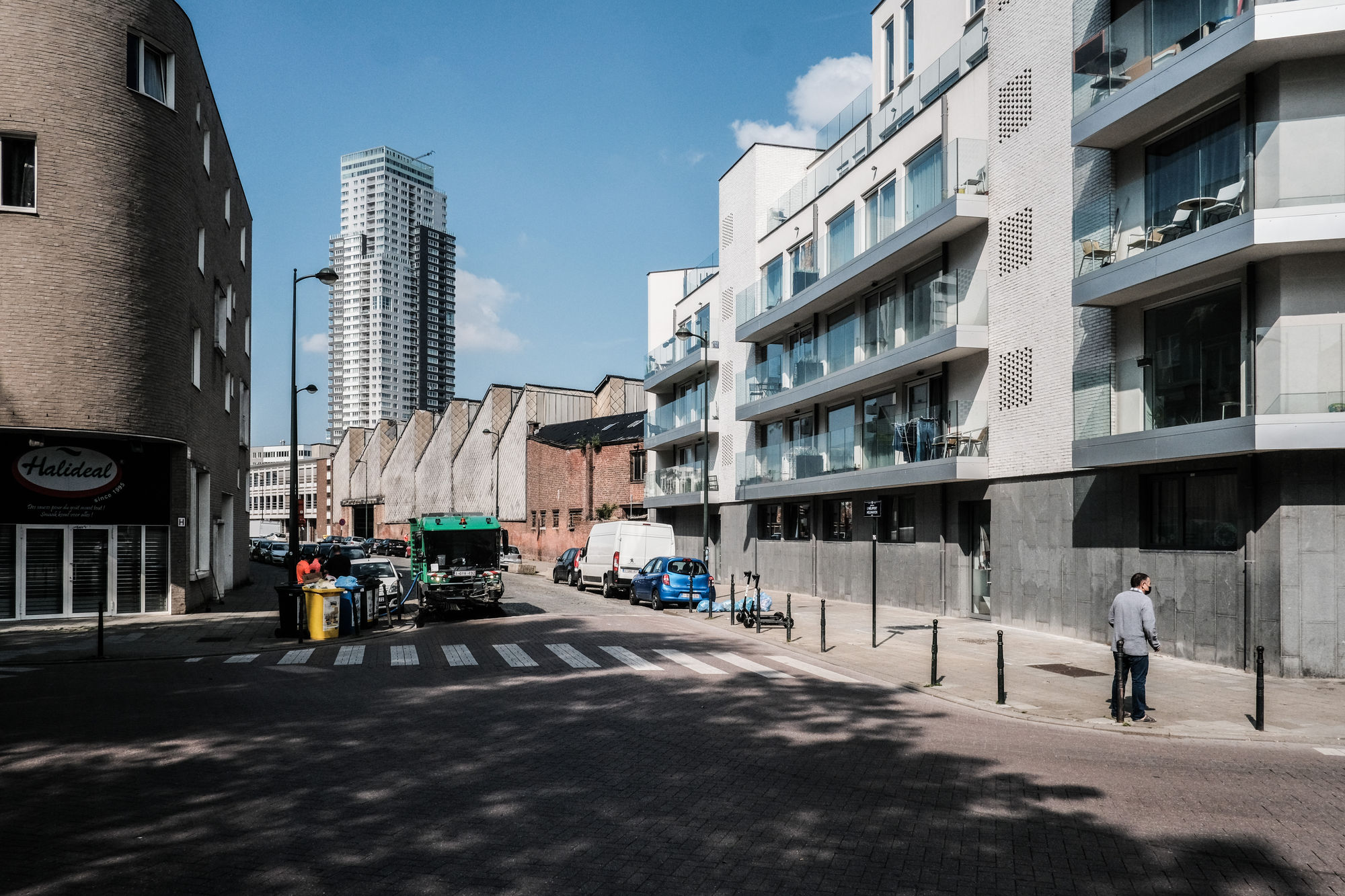Positive Energy Districts (PED) are districts that generate more energy than they consume. Research into PEDs is currently still in its infancy. It is mainly conducted from a technological perspective, and usually focuses on new buildings. However, the process for transforming an entire residential district, let alone an outdated one, into an efficient energy district, is unchartered territory.
To pass on two years of research to (future) PED initiators and stakeholders, we developed a guide: ‘Powering the energy transition at the district level, A practical guide for local initiators’. The toolkit, that will be published in May 2023, is now available for pre-order.

Climate change poses a threat to cities worldwide. Consider rising sea levels, floods during heavy rainfall or prolonged drought and heat. Cities are not only victims, they are responsible for almost 70% of global CO2 emissions. At the same time, cities possess the tools to devise sustainable solutions. Positive Energy Districts (PED) are a crucial step in making our cities climate neutral. PEDs will not only manage energy much more efficiently, they will actually generate more renewable energy than they consume.
This sounds great in theory, but how it can be achieved on a large scale in our cities' often outdated districts, is another question. Apart from technological know-how, it requires new organisational models, legal instruments and planning processes. City authorities, investors, project developers and citizens must join forces to devise a solution tailored to their districts.
Brussels, Vienna and Stockholm have joined forces in ‘Cities4PEDs’, a two-year research project that is part of JPI Urban Europe. They are researching how, in association with local actors, they can implement the PED concept, and which tools need to be developed in order to do so. The first phase involves examining existing cases that are relevant to PEDs. This will form the basis for designing successful strategies, which the consortium will continue to develop collectively. The focus is on tools the city itself already possesses, on district dynamics and how they can be mobilised, and on the monitoring tools needed to evaluate the progress of PEDs. Following two years of research, the objective is to present a PED guide, which can serve as a manual for making positive energy districts operational, and for proposing a plan for each of the cities involved to help them get started.
Architecture Workroom is coordinator of the international consortium, and is responsible for the day-to-day management of the research project and for facilitating knowledge exchange between the three cities and their partners. Architecture Workroom also acts as the local coordinator of a pilot project in Brussels that focuses specifically on Noordwijk. The pilot project examines how the spatial developments already planned in the district can be applied in the transformation to achieve a socially inclusive energy district.